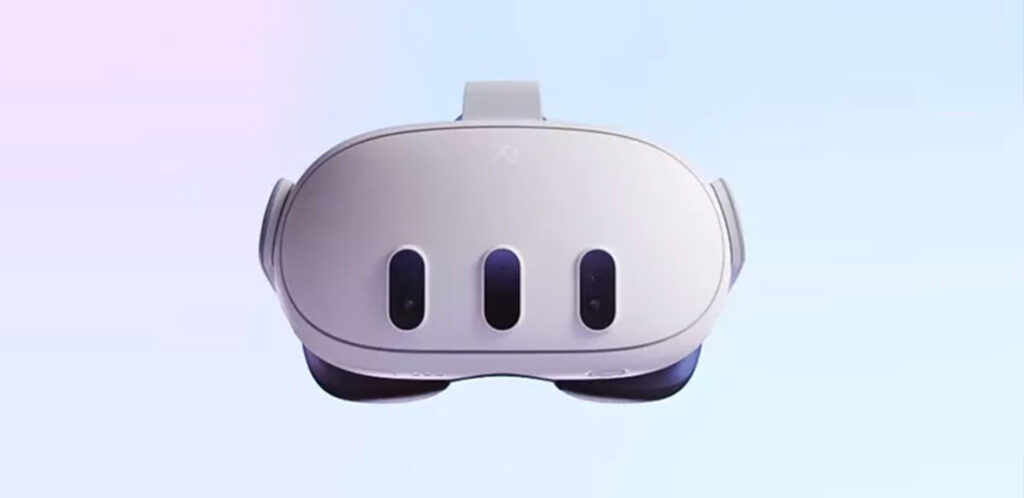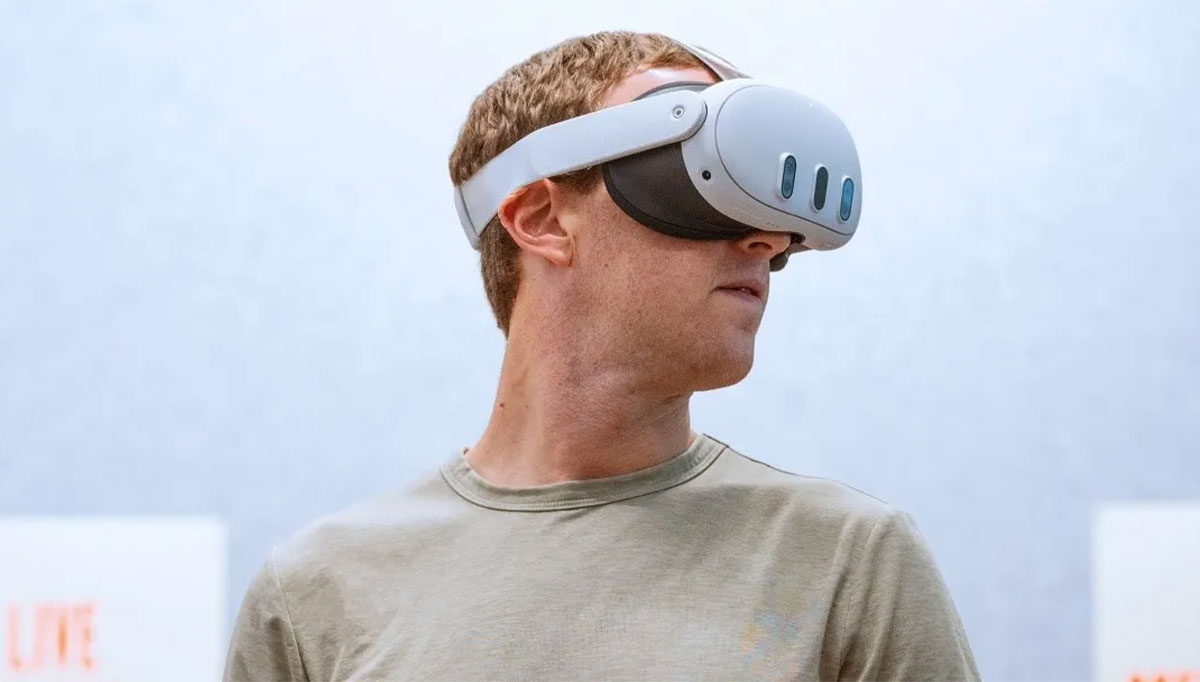In last week’s article we talked about the Apple Vision Pro and its features, as well as what its launch could mean for the market. So today we turn to its competition; Meta, which has also announced its new mixed reality glasses, the Quest 3, promising to take the immersive experience to a new level. These goggles are the direct successor to the popular Quest 2 and, of course, offer significant technical improvements.
Meta Quest 3 details: Meta has revealed some details about the Quest 3, although more specifications are still expected before launch. According to the company, the new glasses will be 40% lighter than their predecessors and will feature a high-resolution display that will be combined with the pancake optics used in the Quest Pro. A significant increase in performance is expected thanks to a new next-generation Qualcomm Snapdragon system-on-chip that will enhance the glasses’ graphics capabilities.
Improved controllers and content compatibility: The controllers that accompany the Quest 3, known as Touch Plus, have also undergone improvements. With a more ergonomic design, they feature advances in tracking technology and now include the haptic system from the Quest Pro. The outer ring has been removed from the controllers, reducing their size and improving the user experience. In terms of content, Meta says that the Quest 3 will be compatible with all games and applications available for the Quest 2, providing a vast library of options for users.
Release date and pricing: Although full details are not yet known, the Quest 3 is expected to hit the market this autumn. Meta will reveal more information during its Meta Connect event on 27 September, where it is expected to share its plans for the future of virtual reality. The goggles will be available in a 128GB storage version, and a higher capacity option will also be offered. The starting price will be $499.99, which is an increase of $100 compared to the Quest 2.

The continuing evolution in the world of virtual and augmented reality demonstrates the growing interest and opportunities this technology provides. While artificial intelligence has garnered much attention in recent years, virtual and augmented reality continue to expand and offer new possibilities in a variety of fields, from entertainment and gaming to education and industry.
In addition, the reduction in price of the Quest 2 may further boost the adoption of these devices as they become more affordable to a wider audience. This is especially important for the future of the metaverse, a concept that seeks to create interconnected virtual universes where people can interact and experience in an immersive way.
This is an exciting paradigm in the world of virtual and augmented reality. With technical improvements and broad content compatibility, these glasses promise to deliver an immersive experience for users. It is, therefore, that as this type of technology develops, we are witnessing a prestigious future full of possibilities for businesses and users in search of new digital experiences.
